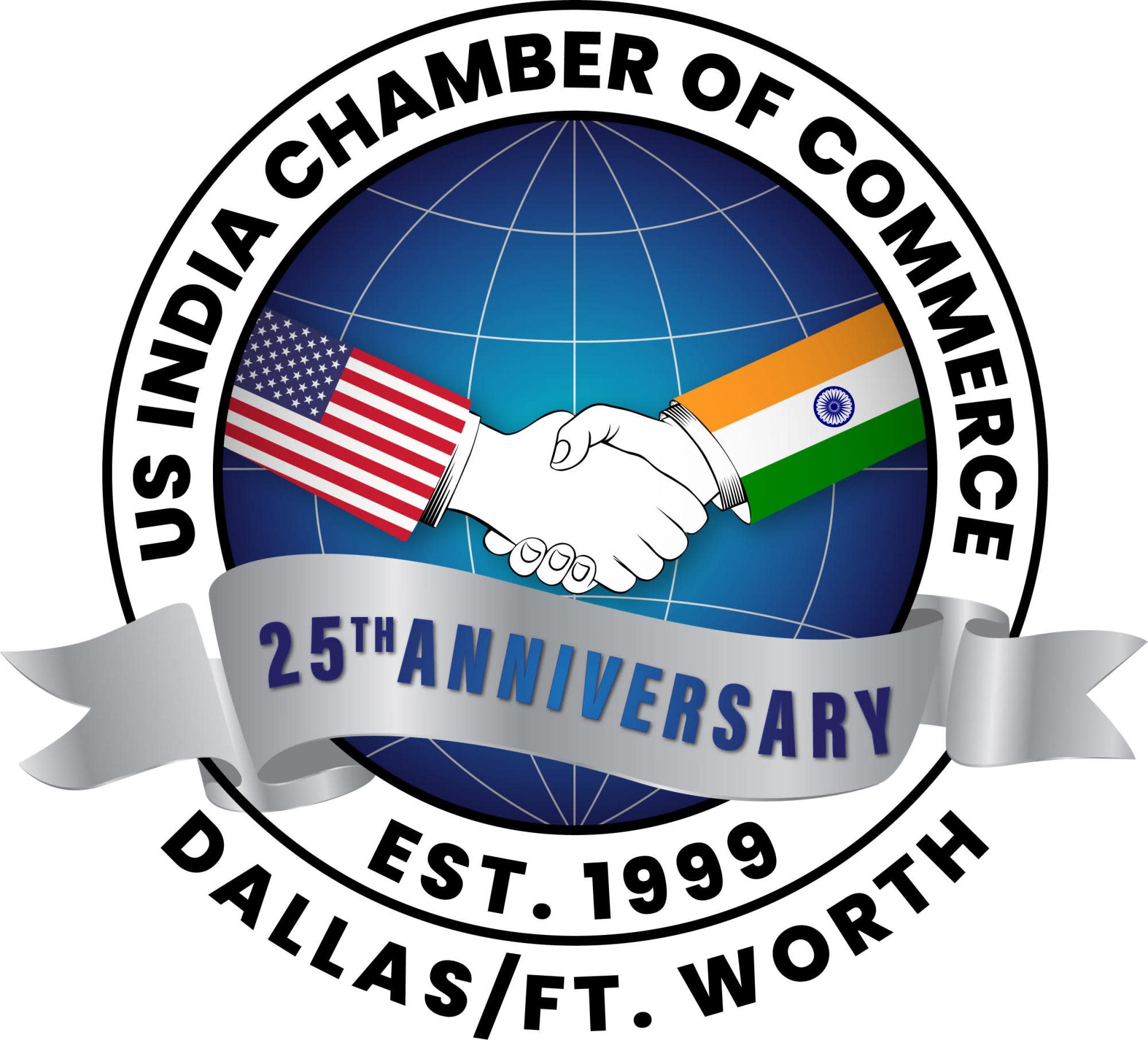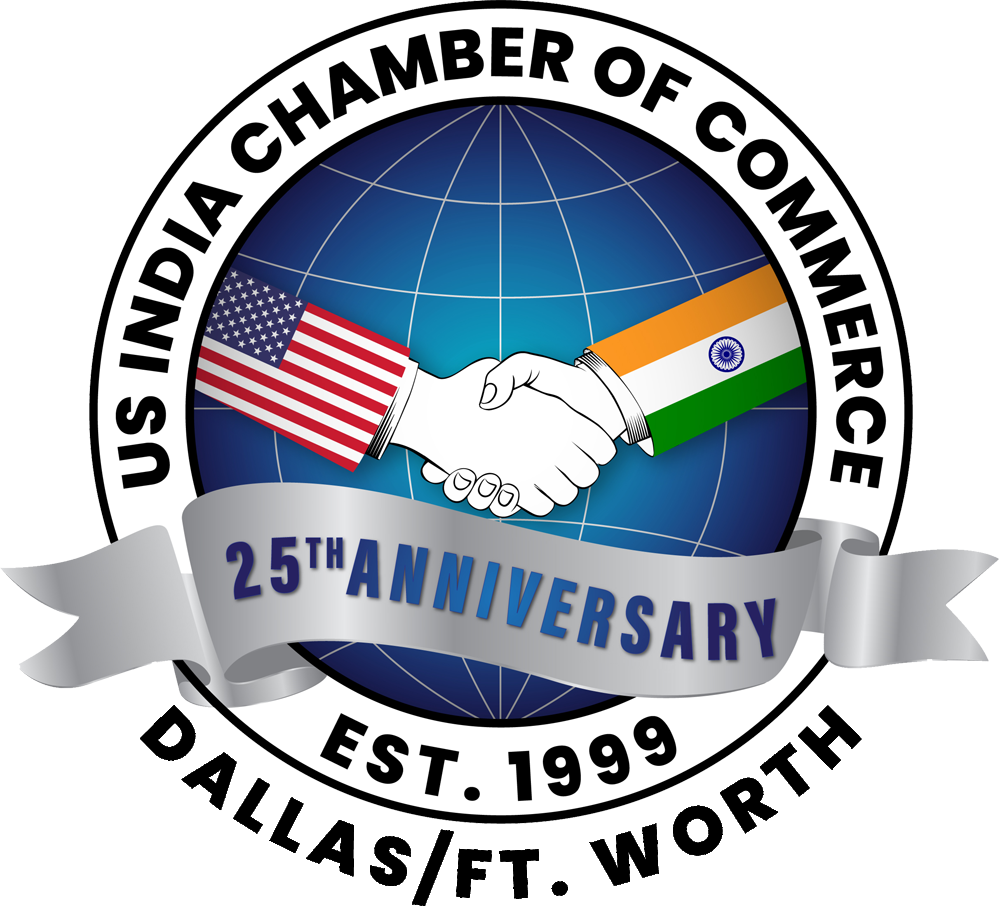Navigating changing immigration policies -- BAL x US-India Chamber of Commerce DFW webinar



Navigating the complexities of U.S. immigration policies can be challenging, especially with recent developments affecting F-1 student visas, H-1B legislation, green card processing times and USCIS filing fees. Register for our webinar with immigration law experts from BAL for updates on these issues and proactive strategies your business can take to maintain a successful immigration program.
F-1 student visas: revocations, OPT and potential changes
Student visa revocations have been all over the news. If the revocations stand, students should be prepared to explore options for litigation, reinstatement or potential transfers outside the U.S. There are likely going to be legal challenges around student visas and work authorizations that may impact processing times.
Optional Practical Training (OPT) allows F-1 students to work in the U.S. for up to 12 months post-graduation, while STEM OPT extends this period by 24 months for graduates with degrees in science, technology, engineering and math. There are discussions of potential executive orders that could restrict certain institutions from hiring international students or eliminate OPT and STEM OPT programs, which could significantly impact the availability of skilled workers and the economic contributions of international students.
H-1B visas: legislative updates and worksite enforcement
There are proposed restrictions on H-1B visas in the pipeline, potentially increasing wage levels to discourage hiring foreign nationals and tightening requirements for H-1B workers at third-party worksites, affecting how employers manage these employees. The potential rescission of H-4 Employment Authorization Documents would impact the ability of H-1B spouses to work in the U.S.
There are also enhanced enforcement efforts with both pre-adjudication and post-adjudication compliance checks by U.S. Citizenship and Immigration Services. USCIS can conduct site visits without notices at worksites employing H-1B workers, so employers need to have protocol in advance to be prepared for any scenario.
Green cards and USCIS filing fees: increased waiting times and costs across the board
Green card options across the board have seen an increase in processing times, with the PERM labor certification process currently taking about 18 months. Employers should plan accordingly to avoid gaps in work authorization. USCIS introduced significant fee increases in 2024, and rumor says more increases may be on the horizon. With a push to reduce agency headcount, there will likely also be increased processing delays. Employers should plan for both in their immigration budgets.
Join our webinar to stay prepared
Register for our webinar to learn more about these updates, how they may impact your business and what you can do to build a more resilient immigration program.


